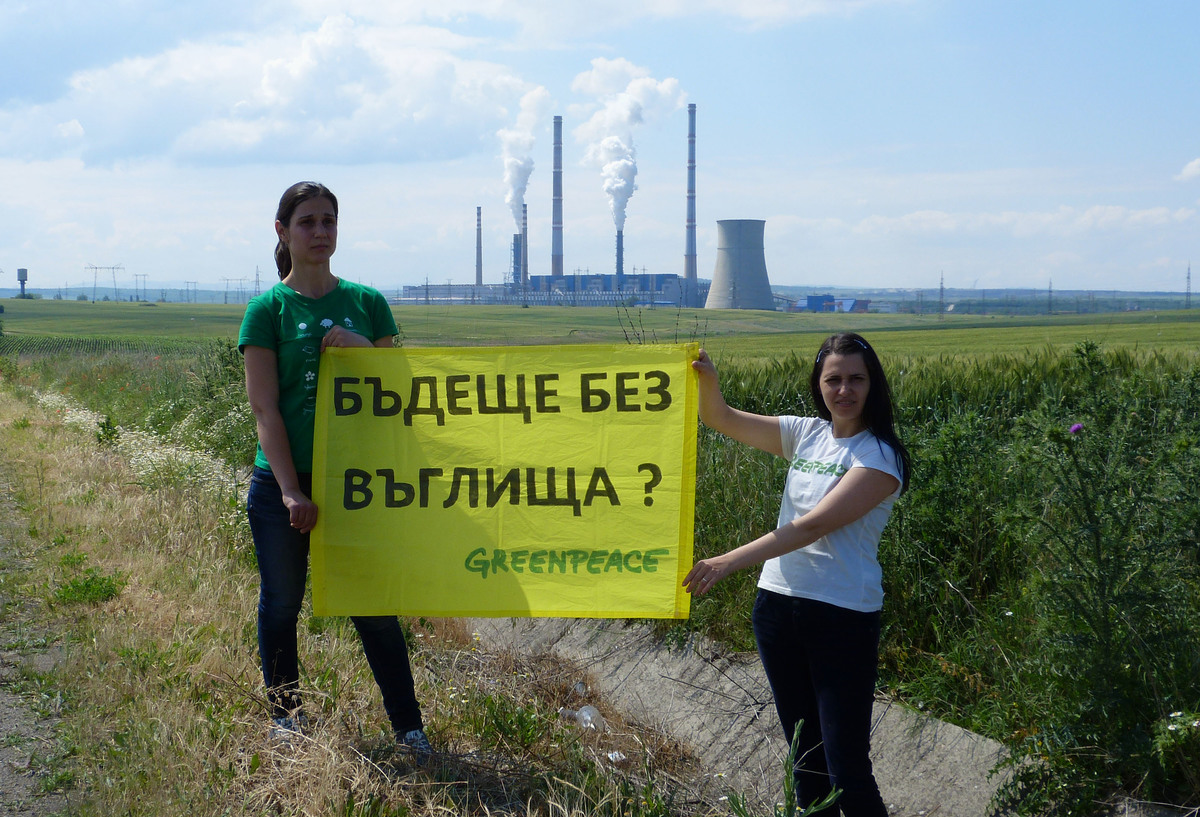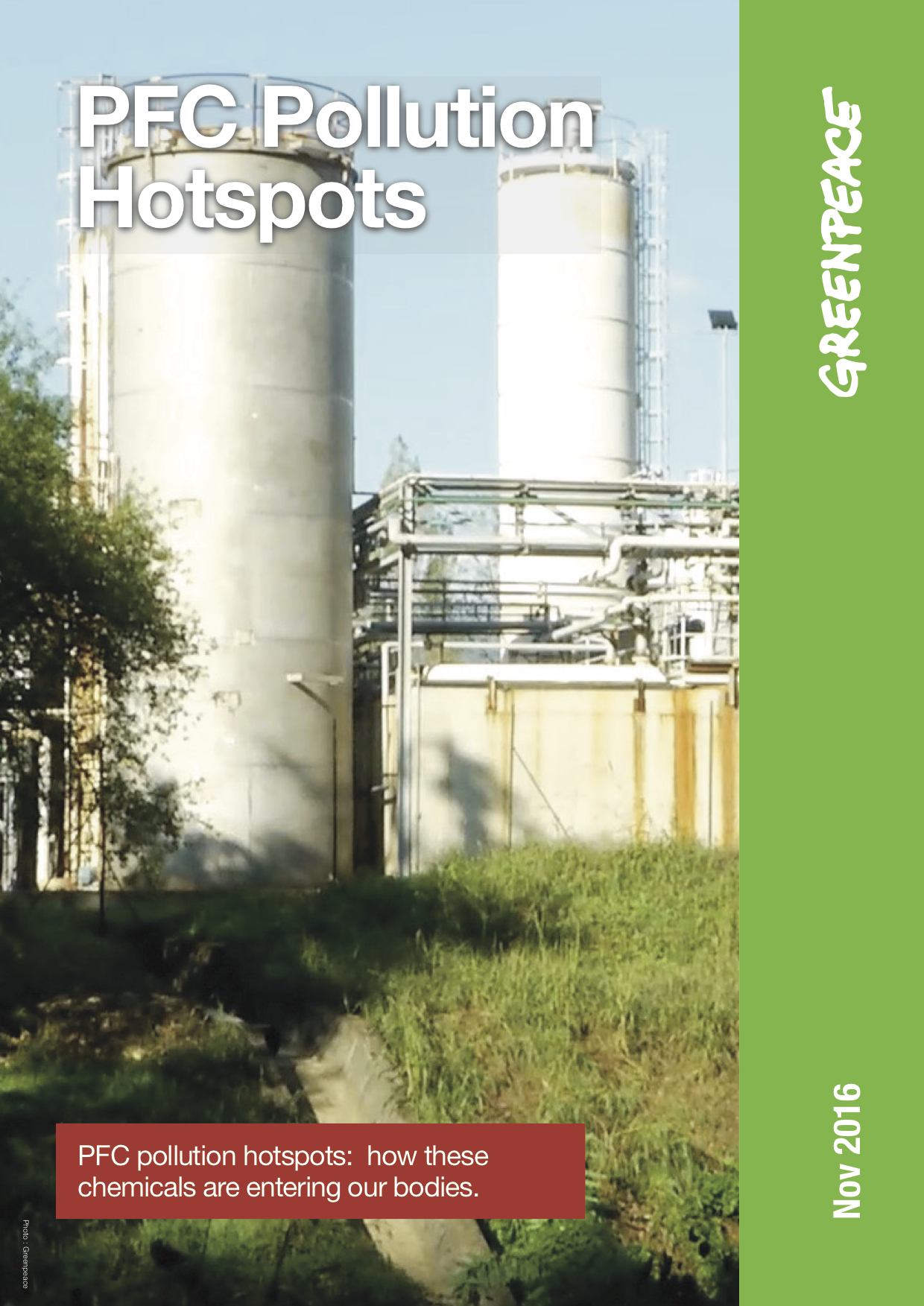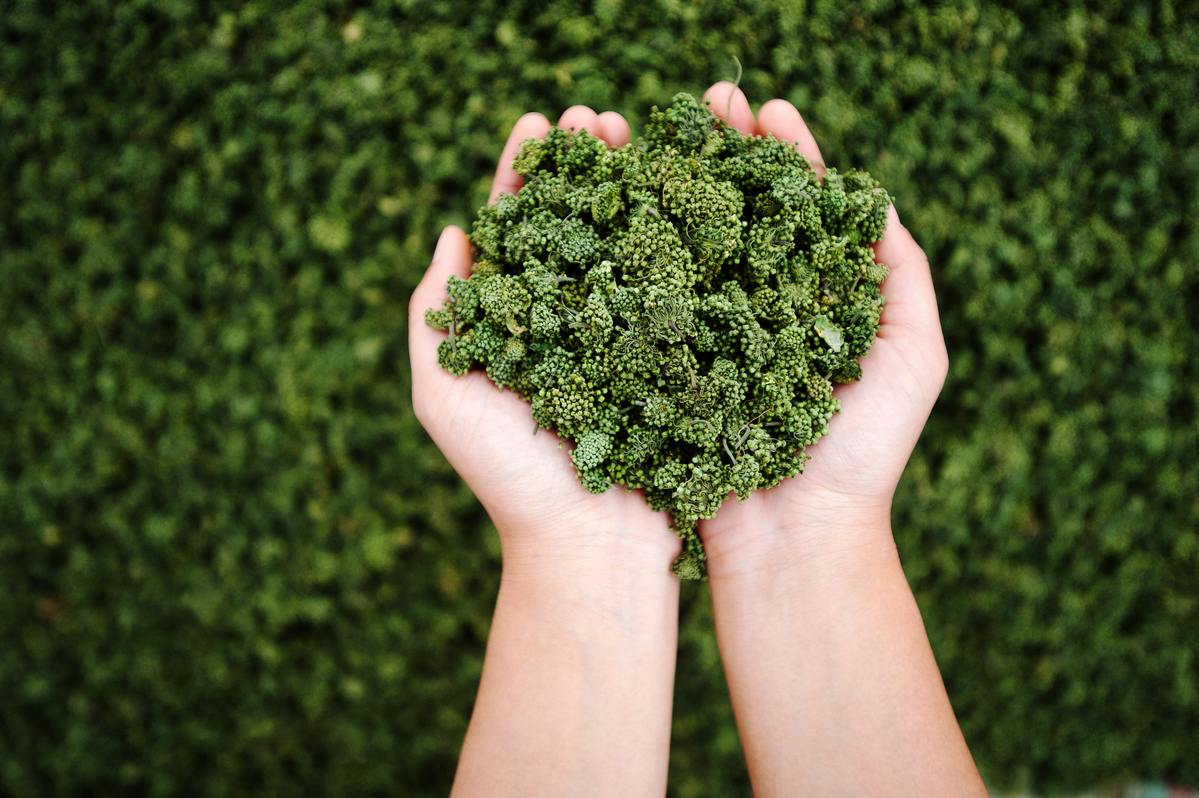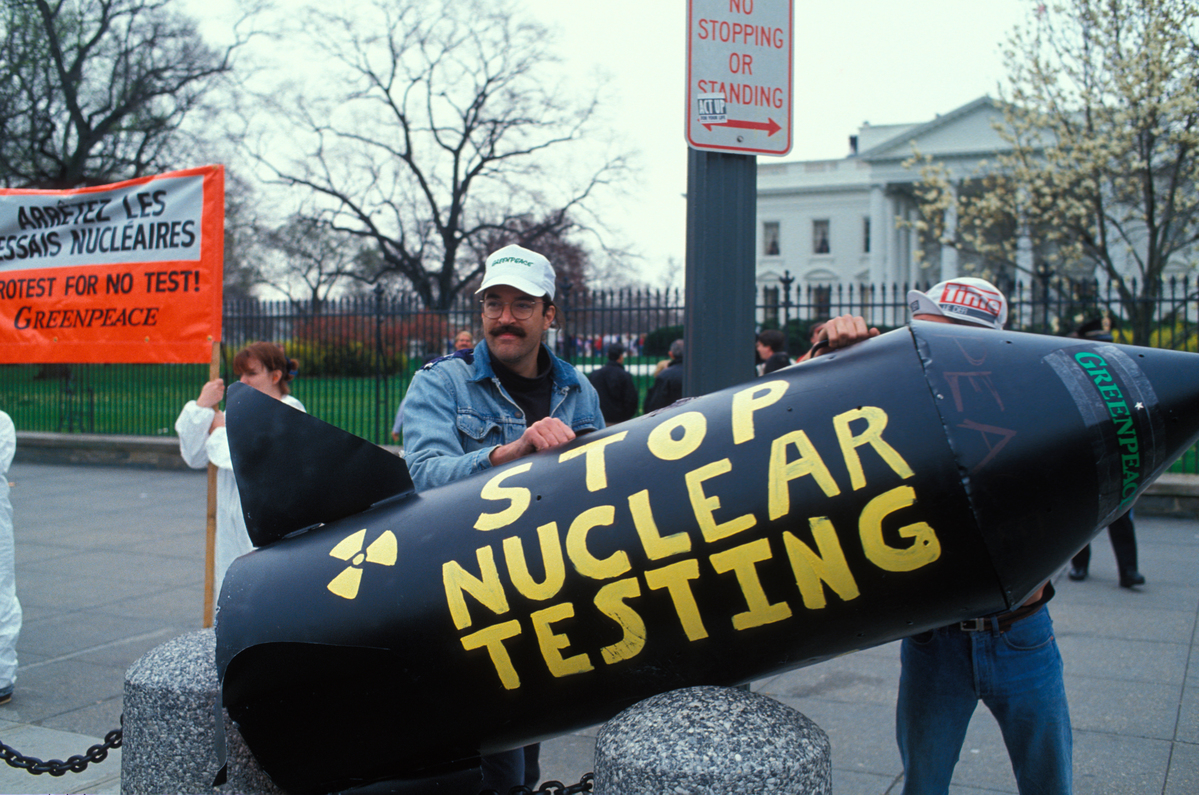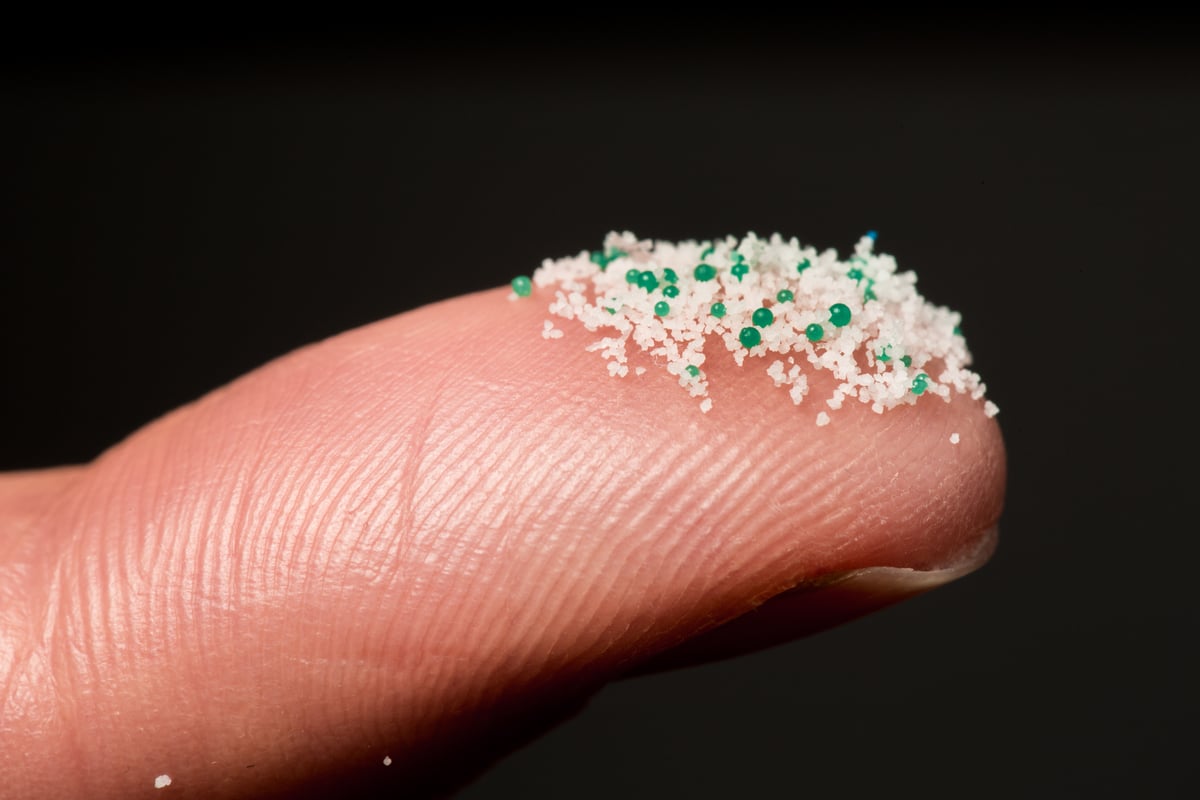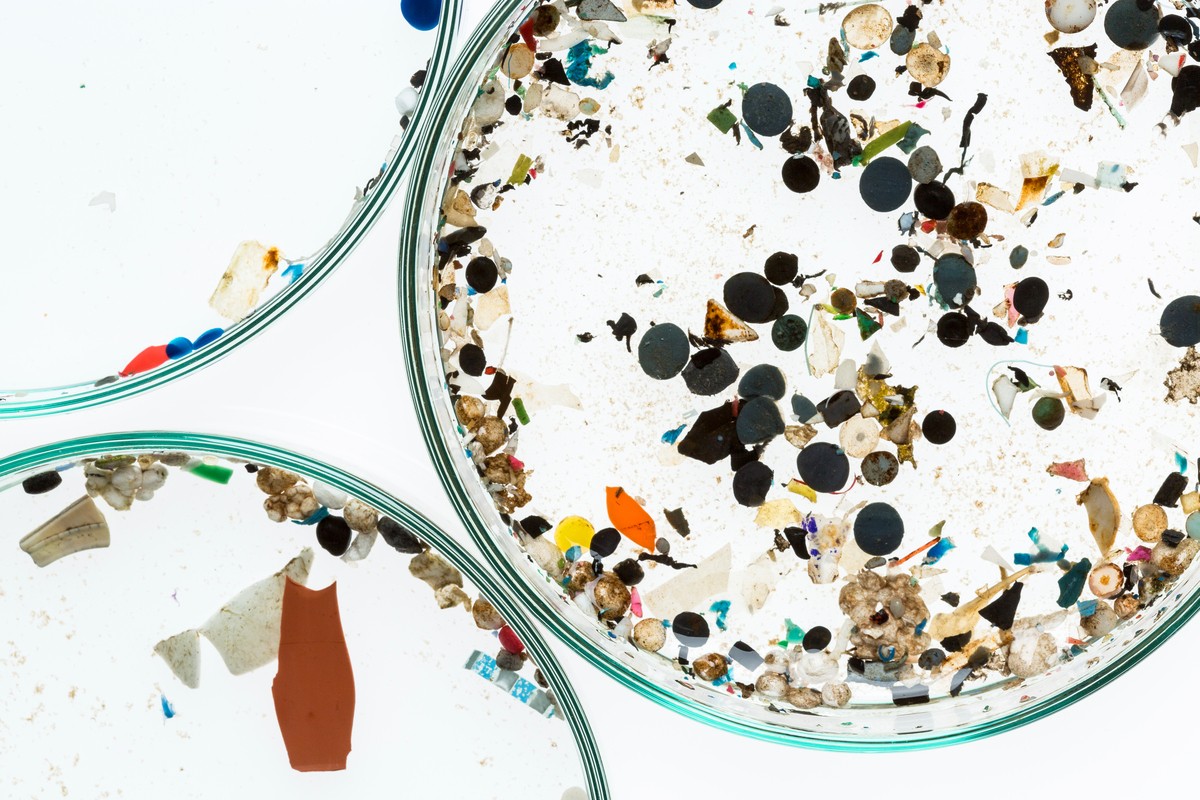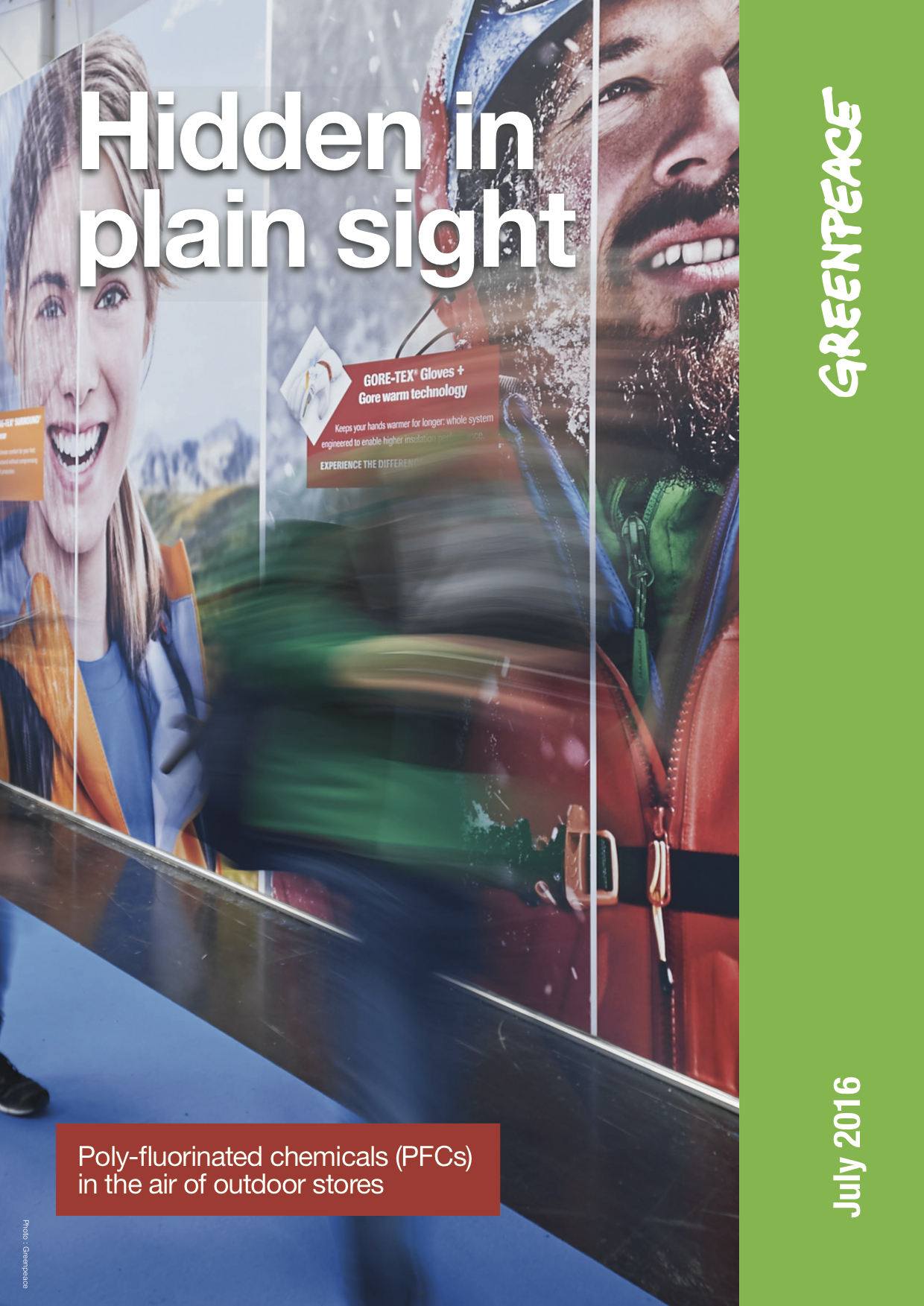All articles
-
“It’s about the people, not about the products” – the faces of PFC pollution
The first thing that went through my mind as I entered Jan and Ineke van Genderen’s living room was how close the DuPont/Chemours facility was. I could almost see it from the window. It is one street over.
Elske Krikhaar and Jeffrey Dugas3 min read -
Citizen science in action: open-source air pollution monitoring in Bulgaria
Every day, we breathe in between 15,000 and 20,000 litres of air – enough to fill three hot air balloons in a year. This precious substance is made up of 78% nitrogen, 21% oxygen and 1% carbon dioxide. But what else is in the air we breathe, how did it get there, and what does…
Teodora Stoyanova3 min read -
PFC Pollution Hotspots
The manufacture of hazardous per- and polyfluorinated chemicals (PFCs) is leading to contamination of the local environment, including surface water, drinking water, groundwater as well as air and dust.
Greenpeace International1 min read -
Shaking up China’s food system – in Shanghai and beyond
Greenpeace China's campaign to push one of China's biggest retailers to purge pesticides triggered food safety reform across the whole of Shanghai. Now we're fighting to take it nationwide.
Wang Jing4 min read -
Nuclear testing is not a path to security and peace
Today marks the International Day against Nuclear Tests. Since 1945, more than 2000 nuclear tests have been carried out at more than 60 locations around the globe. Nuclear weapons were designed and tested to be the ultimate doomsday weapon, setting a legacy of fear and destruction. No other human invention had as much impact on the…
Bunny McDiarmid5 min read -
Microbeads: How did companies respond?
Back in July, Greenpeace East Asia ranked 30 global companies to see how they measured in terms of their commitment to phasing out microbeads – the tiny terrors that are often found in shower gels and facial scrubs, and are known to wreak havoc on our ecosystems and marine life.
Taehyun Park4 min read -
6 amazing plastic bans from around the world
Good news! Plastics bans across the world have been hitting the headlines lately. From the US to India and Morocco, governing bodies are taking control of the plastic pollution problem, bringing in either complete bans on plastic, or bans on specific forms like polystyrene.
Fiona Nicholls3 min read -
From L’Oréal to Revlon, which brands are polluting the ocean with microbeads?
After discovering that 170 types of seafood contained traces of microplastics, Greenpeace East Asia decided to put 30 of the world’s biggest cosmetic and personal care brands to the test.
Taehyun Park3 min read -
Personal care products may still be polluting oceans despite promises by companies says Greenpeace
Seoul, 20 July 2016 – A ranking of the world’s 30 largest personal care companies, published today by Greenpeace East Asia, shows that big brands are failing to remove microplastics from their products. The ranking shows that voluntary corporate commitments to end use of microbeads that pollute rivers and oceans are not working. Governments must…
Greenpeace International2 min read -
Hidden in Plain Sight
A recent investigation by Greenpeace has found hazardous poly-fluorinated chemicals (PFCs) in the indoor air of stores selling outdoor gear in Europe and East Asia. Samples were taken in the flagship stores of the brands Mammut, The North Face, Norrona and Haglöfs and in non-branded outdoor stores. The results show that concentrations of PFCs in…
Greenpeace International1 min read


